Project-Based Learning for Early Childhood Education
4 April 2025
Introduction
When we think about early childhood education, we often picture kids sitting in circles, repeating numbers, or playing with colorful blocks. But what if we could turn learning into an exciting adventure where children explore, create, and solve problems—just like they do in the real world? That’s where Project-Based Learning (PBL) comes in!
In this article, we will take a deep dive into Project-Based Learning for Early Childhood Education, why it's effective, how it works, and how teachers and parents can implement it to nurture curious, creative, and independent learners. 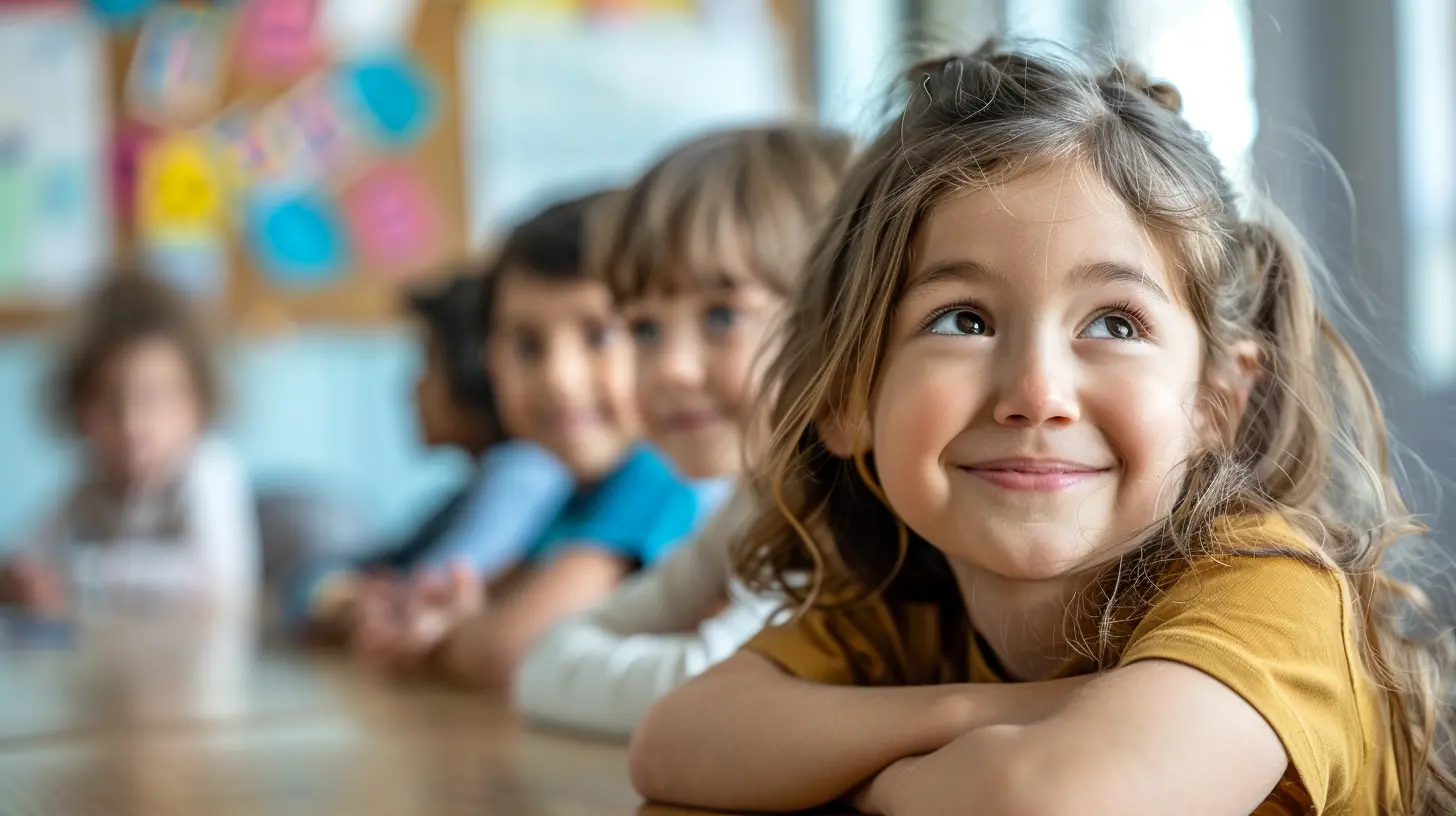
What Is Project-Based Learning (PBL)?
Project-Based Learning (PBL) is an instructional approach where children actively engage in hands-on, real-world projects to gain knowledge and develop essential skills. Instead of simply memorizing facts, they learn by doing—investigating meaningful questions, solving problems, and collaborating with others.In early childhood education, this method makes learning more natural and relevant. Young children are naturally curious; they love asking "why," "how," and "what if?" PBL helps channel this curiosity into structured learning experiences that promote critical thinking, creativity, communication, and collaboration. 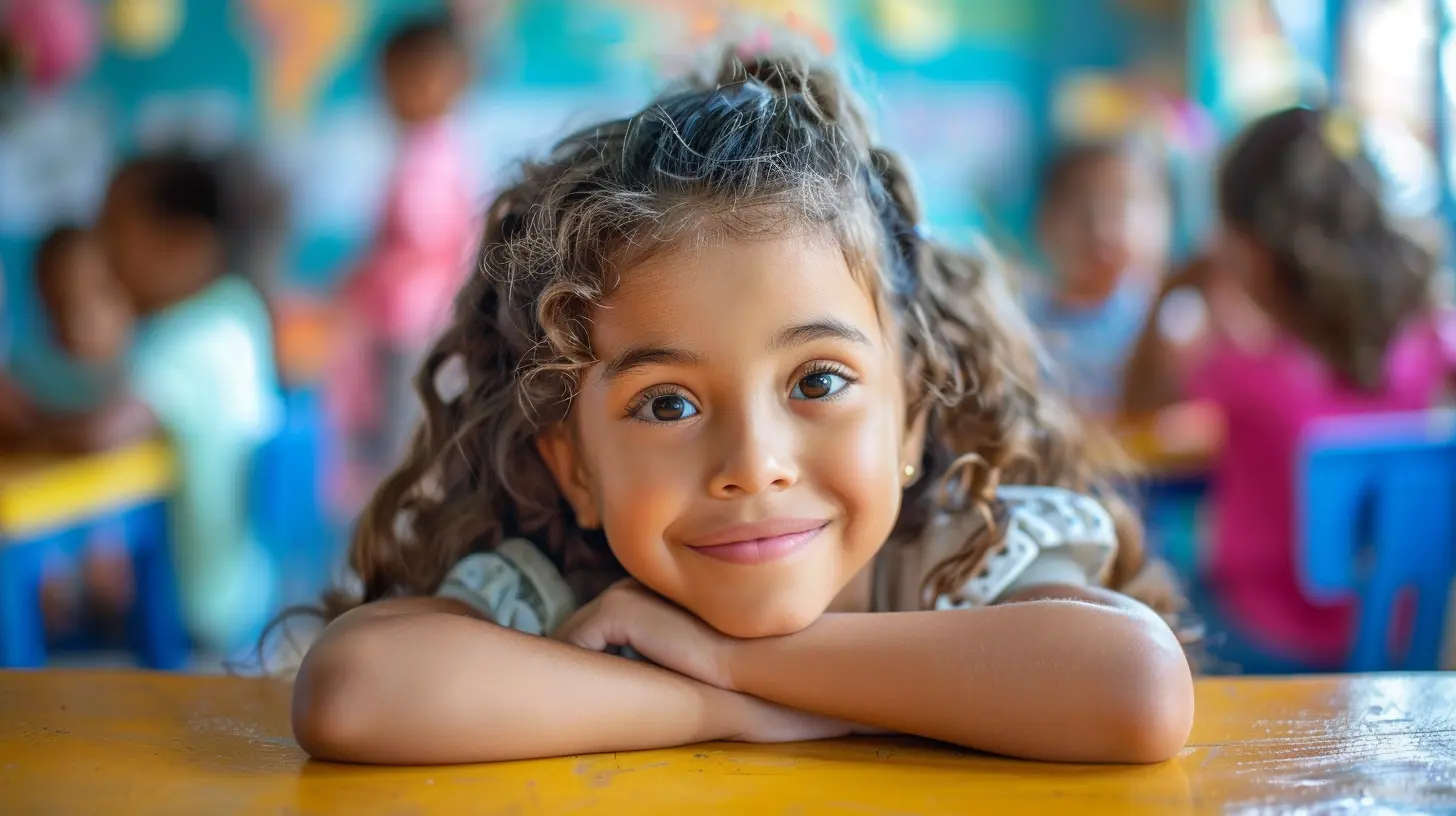
Why Project-Based Learning Works for Young Children
1. Encourages Active Engagement
Traditional learning often relies on passive listening. With PBL, children take charge of their learning by exploring topics that interest them. Whether building a miniature city, growing plants, or conducting a simple science experiment, they actively participate rather than just sitting and listening.2. Makes Learning Meaningful
Kids learn best when they understand why something matters. Instead of memorizing isolated facts, PBL connects learning to real-world experiences. When children see the relevance of what they’re doing, they become more motivated and engaged.3. Boosts Critical Thinking and Problem-Solving Skills
PBL encourages children to think deeply. Instead of providing answers, teachers and parents guide kids to ask questions, research, test ideas, and find solutions. This not only strengthens problem-solving skills but also builds confidence in their ability to tackle challenges.4. Supports Social and Emotional Development
Many PBL activities require collaboration, which helps children develop teamwork, empathy, and communication skills. Working on projects together teaches kids to listen to others, express their ideas, and navigate disagreements, essential skills for personal and academic success.5. Promotes Creativity and Innovation
Through open-ended projects, children are encouraged to think outside the box. Whether they are designing an imaginary zoo, creating a recycled art piece, or engineering a simple bridge, PBL allows them to experiment and innovate without fear of failure.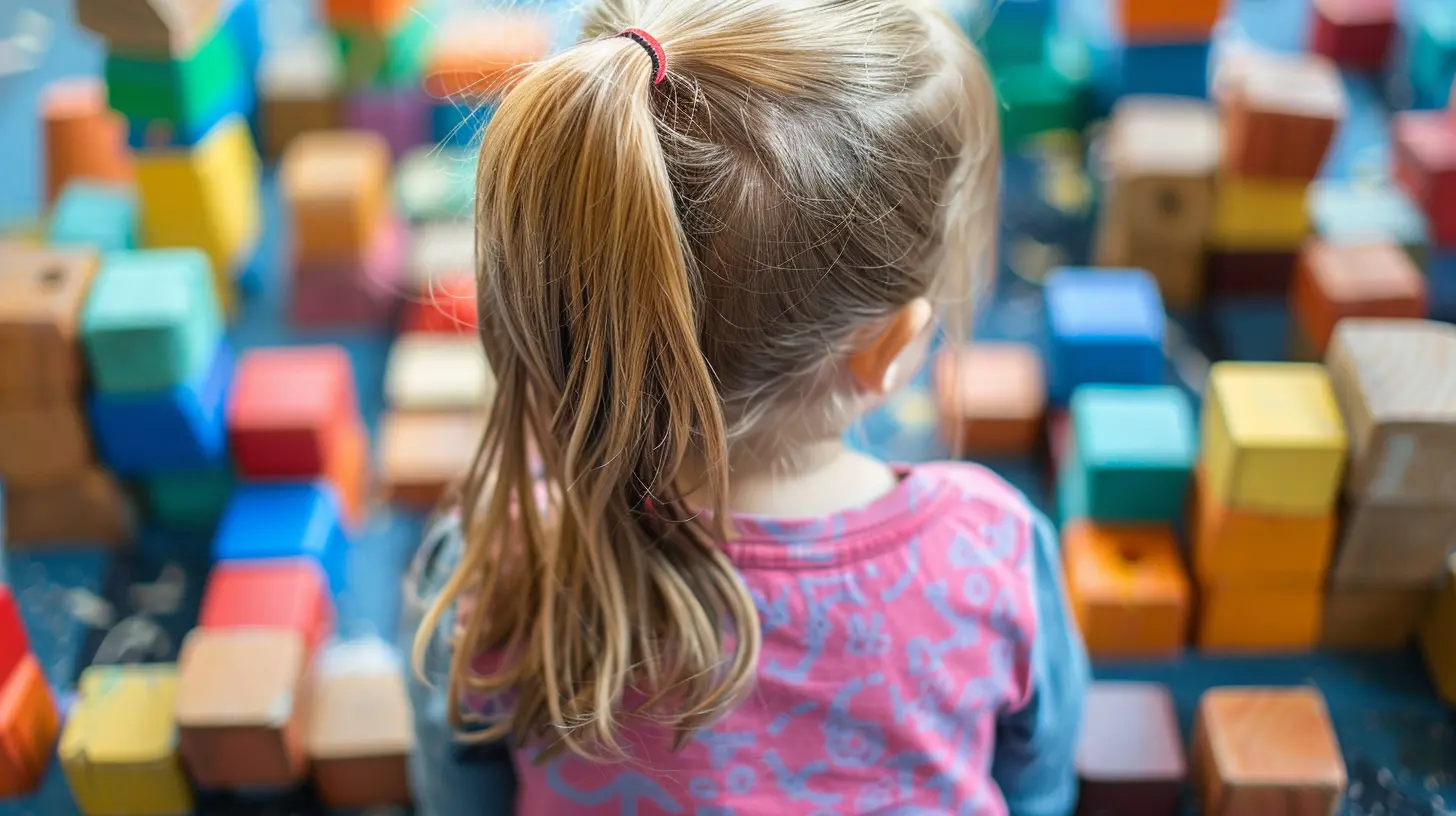
How to Implement Project-Based Learning in Early Childhood Education
Bringing PBL into early childhood classrooms or home learning environments doesn’t have to be complicated. Here’s a step-by-step guide to making it work:Step 1: Choose a Compelling Topic
The best way to start is by picking a topic that sparks curiosity. Consider children's interests, real-world events, or common childhood questions. Some great themes include:- "Where does food come from?" (Mini gardening project)
- "How do animals build their homes?" (Building bird nests or insect hotels)
- "Can we make our own weather?" (Simple weather experiments)
- "What makes a good playground?" (Designing their own play space)
Step 2: Pose a Guiding Question
Instead of giving direct instructions, introduce an intriguing question that encourages children to think. For example:- "What do plants need to grow?" (For a gardening project)
- "How can we build a strong bridge?" (For an engineering activity)
- "What makes a good story?" (For a creative writing or storytelling project)
Step 3: Encourage Exploration and Research
Even young children can explore through books, videos, hands-on experiments, or outdoor observations. Let them investigate possible answers to the guiding question.For example, if the topic is "What do plants need to grow?", kids can:
- Observe how plants grow outside
- Plant their own seeds and track progress
- Compare plants grown with and without water/sunlight
Step 4: Create and Build
The real magic of PBL happens when kids put their ideas into action. They might:- Design and construct a model
- Write and illustrate a story
- Conduct an experiment and document results
- Build a diorama or craft project to demonstrate learning
This step encourages trial, error, and innovation—all essential parts of learning.
Step 5: Share and Reflect
Once the project is complete, children should have an opportunity to present their work. This could involve:- Talking about their project in a group discussion
- Displaying their work
- Telling a story about what they learned
Reflection is a crucial part of PBL. Asking questions like "What was the most exciting part?" or "What would you do differently next time?" helps kids think deeply about their learning experience. 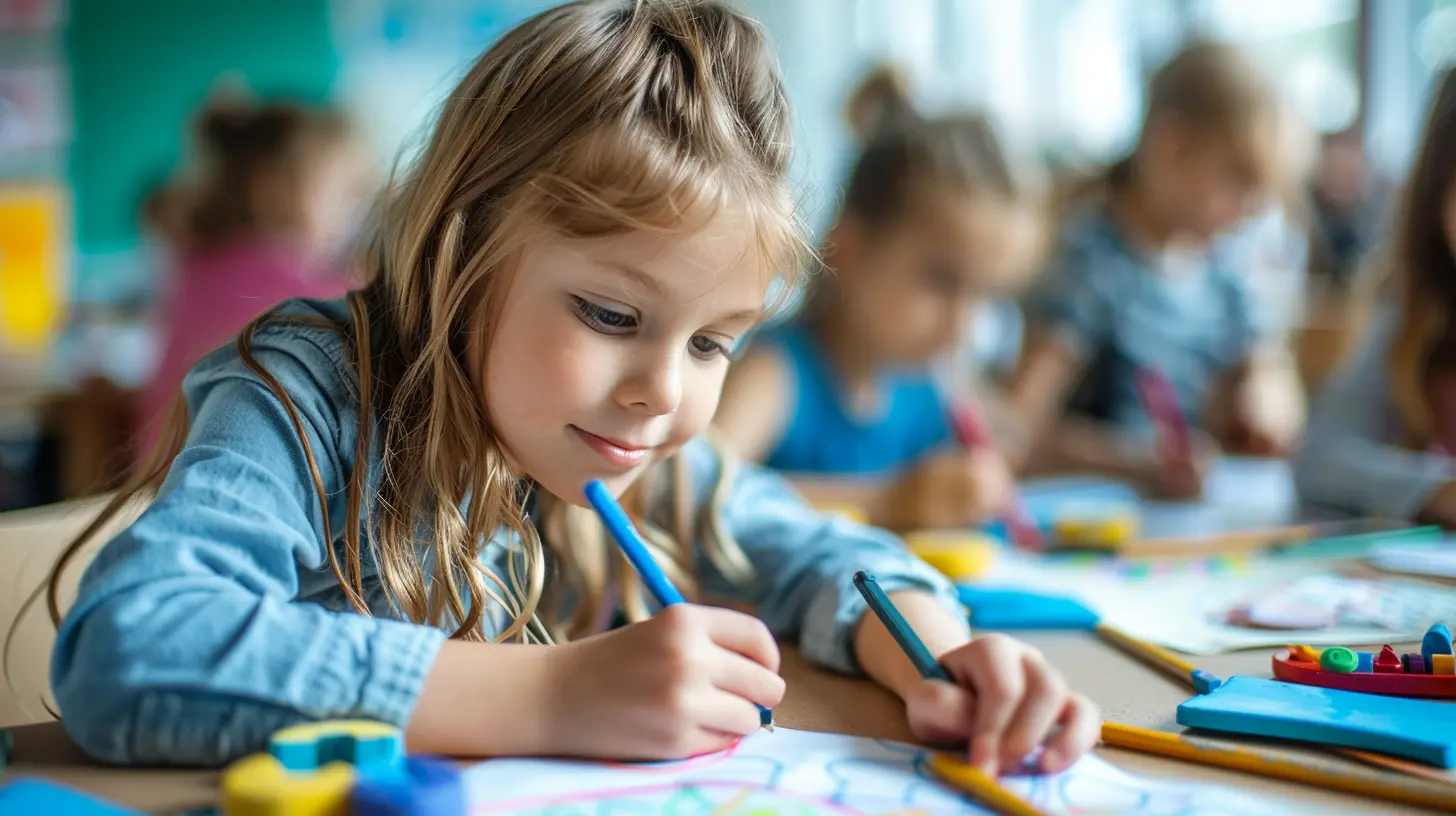
Examples of Project-Based Learning Activities for Preschoolers
Looking for some inspiration? Here are a few easy and engaging PBL activities suited for early childhood education:1. Growing a Garden
- Guiding Question: What do plants need to grow?- Activity: Kids plant seeds, track their growth, and experiment with different growing conditions.
- Skills Developed: Observation, responsibility, science concepts.
2. Build a Mini Community
- Guiding Question: What do we need in a neighborhood?- Activity: Children design and build small houses, roads, and parks using recyclable materials.
- Skills Developed: Creativity, collaboration, problem-solving.
3. Weather Station Project
- Guiding Question: How can we predict the weather?- Activity: Kids track daily weather, make simple weather forecasts, and create a mini weather station.
- Skills Developed: Science, math, observation skills.
4. Recycling and Upcycling Challenge
- Guiding Question: How can we turn trash into something useful?- Activity: Children collect recyclable materials and create toys or art projects.
- Skills Developed: Creativity, environmental awareness, problem-solving.
Challenges and Solutions in Implementing PBL in Early Childhood
While PBL offers many benefits, it's not without its challenges. Here’s how to overcome common hurdles:1. Managing Time and Resources
- Challenge: PBL can take longer than traditional lessons.- Solution: Keep projects simple and flexible; use readily available materials.
2. Keeping Kids Focused
- Challenge: Young children may lose interest quickly.- Solution: Choose topics that match their natural curiosity and allow for hands-on exploration.
3. Balancing Structure and Freedom
- Challenge: Some children may struggle with open-ended tasks.- Solution: Provide guiding questions and gentle support while still allowing creativity.
Conclusion
Project-Based Learning in early childhood education is a game-changer. It turns learning into an exciting, hands-on adventure that captivates young minds while developing crucial skills like problem-solving, creativity, and teamwork.When children learn by doing, they not only retain information better but also develop a lifelong love for discovery. Whether at school or home, implementing PBL can make learning more engaging, meaningful, and effective for our youngest learners.
So, why not try a small PBL activity today and watch the magic of hands-on learning unfold?
all images in this post were generated using AI tools
Category:
Project Based LearningAuthor:

Eva Barker
Discussion
rate this article
6 comments
Nolan Barnes
This article effectively highlights the importance of project-based learning in early childhood education. It fosters creativity and critical thinking, preparing young learners for a collaborative and dynamic future.
April 27, 2025 at 2:32 AM

Eva Barker
Thank you for your insights! I'm glad you found the article highlights the key benefits of project-based learning in nurturing creativity and critical thinking in young learners.
Alexia Reilly
Project-Based Learning sparks creativity and curiosity in young minds! Embrace hands-on adventures and watch little learners thrive. Let's inspire the next generation!
April 16, 2025 at 3:16 AM

Eva Barker
Thank you! I completely agree—project-based learning truly fosters creativity and curiosity, allowing young learners to explore and grow in meaningful ways. Let's keep inspiring!
Madalyn Hill
Project-based learning sparks curiosity in little ones! It’s amazing to see them explore and grow through hands-on activities.
April 12, 2025 at 12:35 PM

Eva Barker
Thank you! It's wonderful to see how project-based learning fosters curiosity and growth in young learners through engaging, hands-on experiences.
Ella Stone
Project-based learning empowers young learners by fostering critical thinking, collaboration, and creativity. This hands-on approach cultivates curiosity, making education more engaging and relevant from an early age.
April 12, 2025 at 3:47 AM

Eva Barker
Thank you for your insightful comment! I completely agree that project-based learning enhances essential skills in young learners, making education both engaging and meaningful.
Elara Patterson
Project-based learning in early childhood education fosters creativity, critical thinking, and collaboration. By engaging young learners in hands-on, relevant projects, educators can cultivate a love for learning while developing essential skills. This approach prepares children for future academic and life challenges effectively.
April 11, 2025 at 3:21 AM

Eva Barker
Thank you for your insightful comment! I completely agree—project-based learning is a powerful way to nurture essential skills and a lifelong love for learning in young children.
Margaret McCall
Project-Based Learning empowers young children by fostering curiosity and creativity. It encourages active engagement and collaboration, laying a strong foundation for critical thinking and problem-solving skills essential for lifelong learning and adaptability in an ever-changing world.
April 8, 2025 at 3:30 AM

Eva Barker
Thank you for your insightful comment! I completely agree—Project-Based Learning indeed nurtures vital skills in young children, setting them up for success in a dynamic world.
MORE POSTS
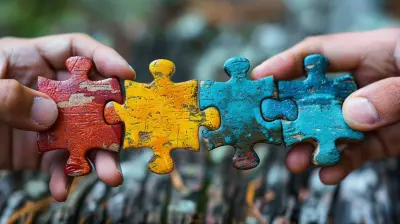
Collaborative Learning: Techniques to Foster Teamwork and Communication

How Music Can Improve Academic Performance

Lesson Plans for Building Problem-Solving Skills in Students

Global Education Partnerships: Building Bridges Across Borders

The Hidden Costs of Standardized Testing: What Students and Parents Need to Know